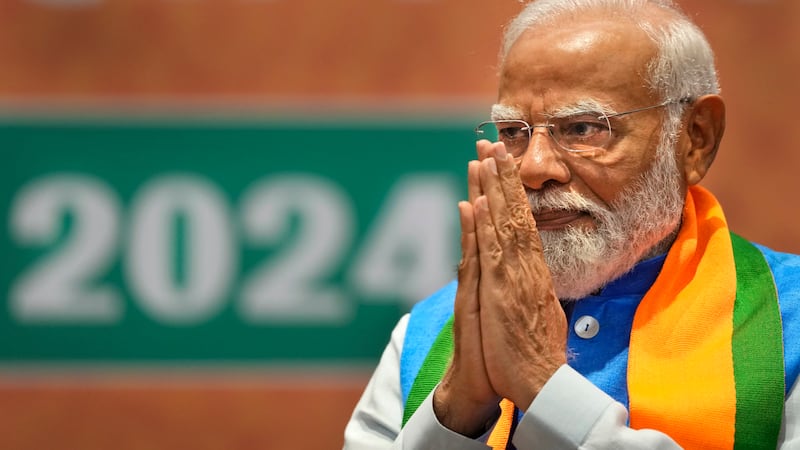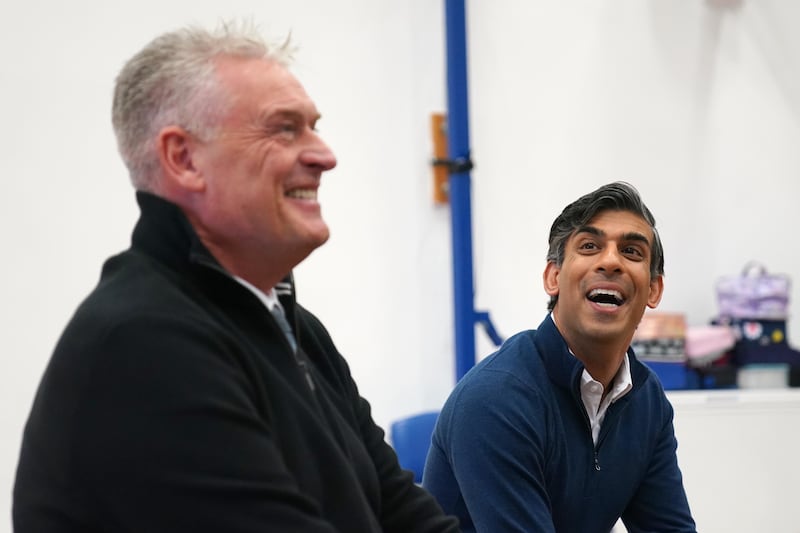AHEAD of last year's general election all the talk was of the DUP being 'kingmakers' in the hung parliament that was expected to emerge.
Peter Robinson even had a wish list that would be presented in exchange for the support of his MPs in Westminster. Weeks before the election, David Cameron entertained the DUP's eight MPs in No 10's rose garden, prompting one Labour MP to describe them as "the most courted maiden in the village".
However, the pollsters famously got their predictions wrong, as did the DUP, who found themselves surplus to requirements when the Tories won an unexpected majority.
But as parliamentary majorities go, 12 seats is pretty slender and if there was even the smallest of backbench rebellions the government could suddenly find itself facing defeat on crucial votes.
While in the year after the election, relations returned to normal and the cosseting ceased, in the wake of June's Brexit vote, it appears there's been a rekindling of the relationship, best illustrated by the 'champagne reception' at last week's Tory conference in Birmingham.
As Arlene Foster noted, there are indeed "synergies" between the two parties. The DUP is instinctively small 'c' conservative and like the Tories, is a strong advocate of the union. The two parties are expected to work in tandem in the run-up to Brexit.
But there are also major divergences in ideology, particularly on social issues, which is one of the main reasons NI Conservative activists are aggrieved at the recent love-in. They maintain that if there were no policy differences between the Tories and the DUP then there'd be no need for two parties.
While the Tories' regional arm is far from strong, they may just be vocal enough to embarrass their party into applying the brakes. That said, given their potential vulnerability in Westminster, the Conservatives are unlikely to spurn the DUP altogether. So although we may witness fewer public displays of affection, a complete parting of ways is highly unlikely.







